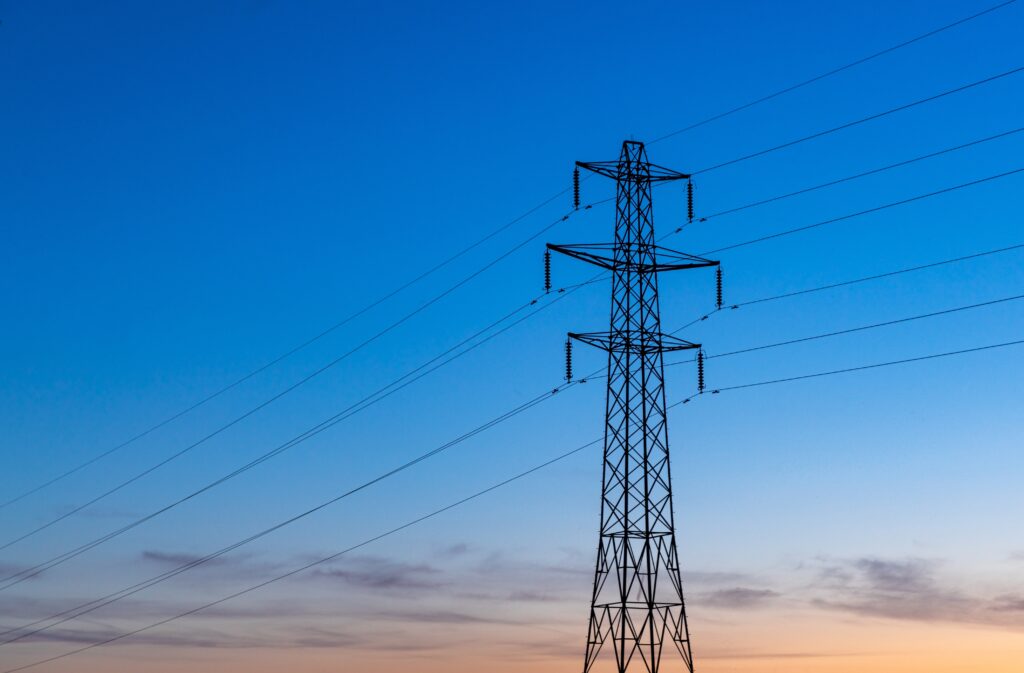Faced with surging electricity costs, Norway is considering reducing its energy exports to Europe. The debate over energy policy has intensified and could shape the country’s political landscape and future energy strategies.
Frustration Over Record-High Electricity Prices
Norwegian Energy Minister Terje Aasland described the current situation as an “absolutely sh*t situation,” with electricity prices in Norway now six times higher than the EU average, according to the Financial Times.
In response to rising domestic costs, Norway’s ruling coalition plans to end power interconnectors with Denmark when the agreements come up for renewal in 2026. Additionally, the Center Party, a junior coalition partner, is pushing to reassess energy agreements with the UK and Germany.
Why Are Norwegian Electricity Prices So High?
Despite relying heavily on hydropower, about 10% of Norway’s electricity supply comes from wind power imported from Europe. Recently, low wind production in Germany and the North Sea, coupled with cold weather in Norway, drove up energy prices across the EU, impacting Norway.
Electricity prices in Norway’s southern regions surged to 13 kroner (€1.12) per kilowatt-hour — well above the EU average of €0.1867 per kilowatt-hour. In contrast, northern Norway, which benefits most from hydropower, still enjoys lower prices.
Calls to Prioritize Domestic Energy Needs
Critics argue that Norway should prioritize keeping electricity prices low for its citizens before exporting surplus energy. For years, Norway followed this model, but recent price shocks have prompted renewed calls for change.
Though electricity costs are expected to drop soon due to improved wind forecasts, the recent spike has reignited the debate about Norway’s energy-sharing policies.
Energy Policy Dominates Political Discussions
High electricity prices are becoming a key issue ahead of Norway’s upcoming elections. The Labour Party has pledged to end the “Denmark cables” to regain control over domestic energy prices. “It has gotten out of control, and we are going to take that control back,” said Are Tomasgard, a Labour Party representative.
As Western Europe’s largest oil and gas producer, Norway plays a crucial role in Europe’s energy supply. Despite not being an EU member, Norway participates in the European single energy market and maintains important energy connections with the bloc.
Potential Changes in Energy Exports to the UK and Germany
The Center Party is advocating for renegotiating energy export agreements with the UK and Germany. This proposal will be a major topic at the Labour Party’s national convention in April 2025.
If Norway decides to cut or alter its energy exports, it could impact electricity supplies across Europe and redefine the country’s energy strategy for years to come.
